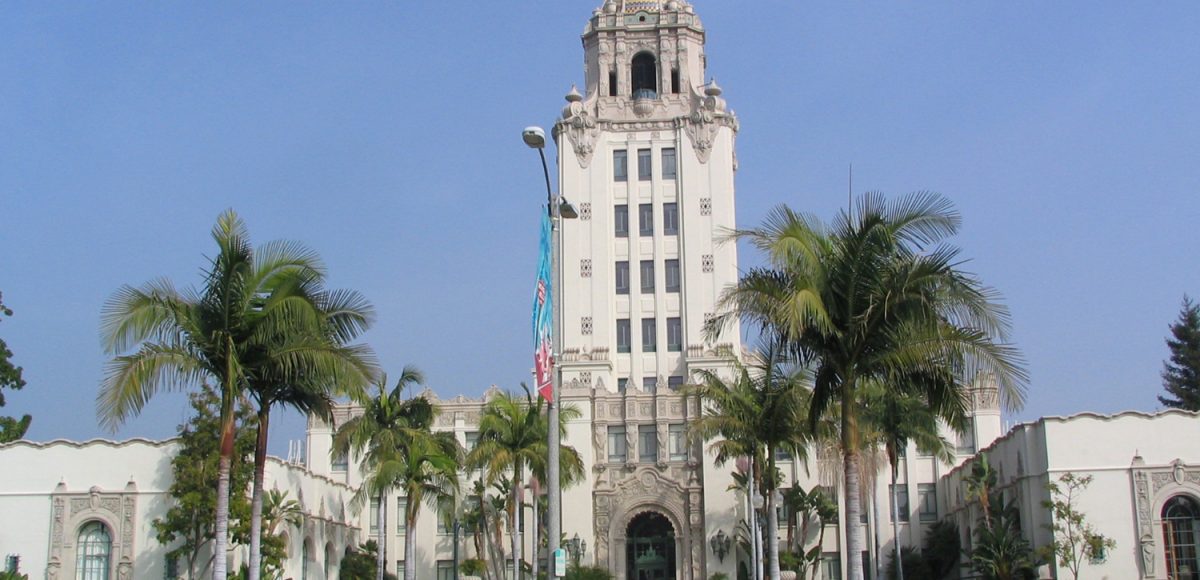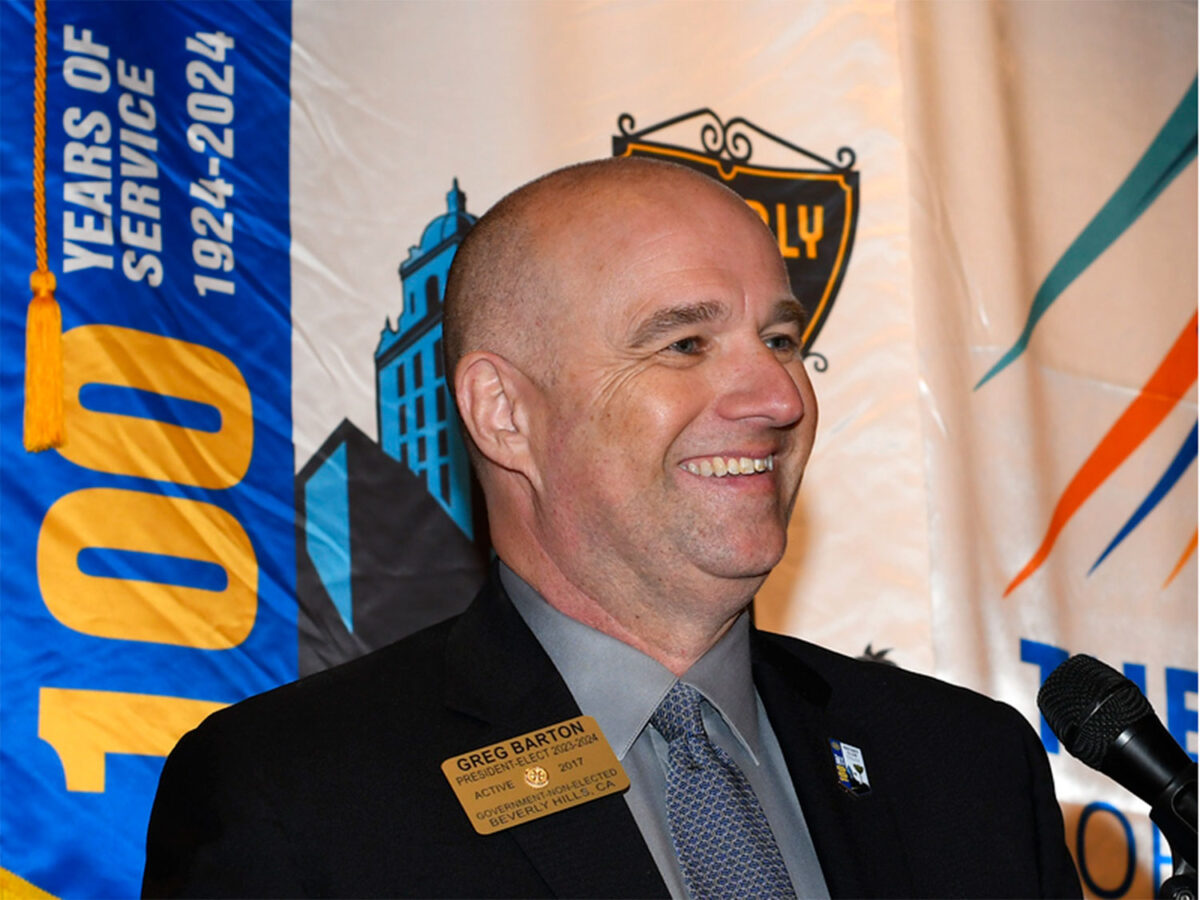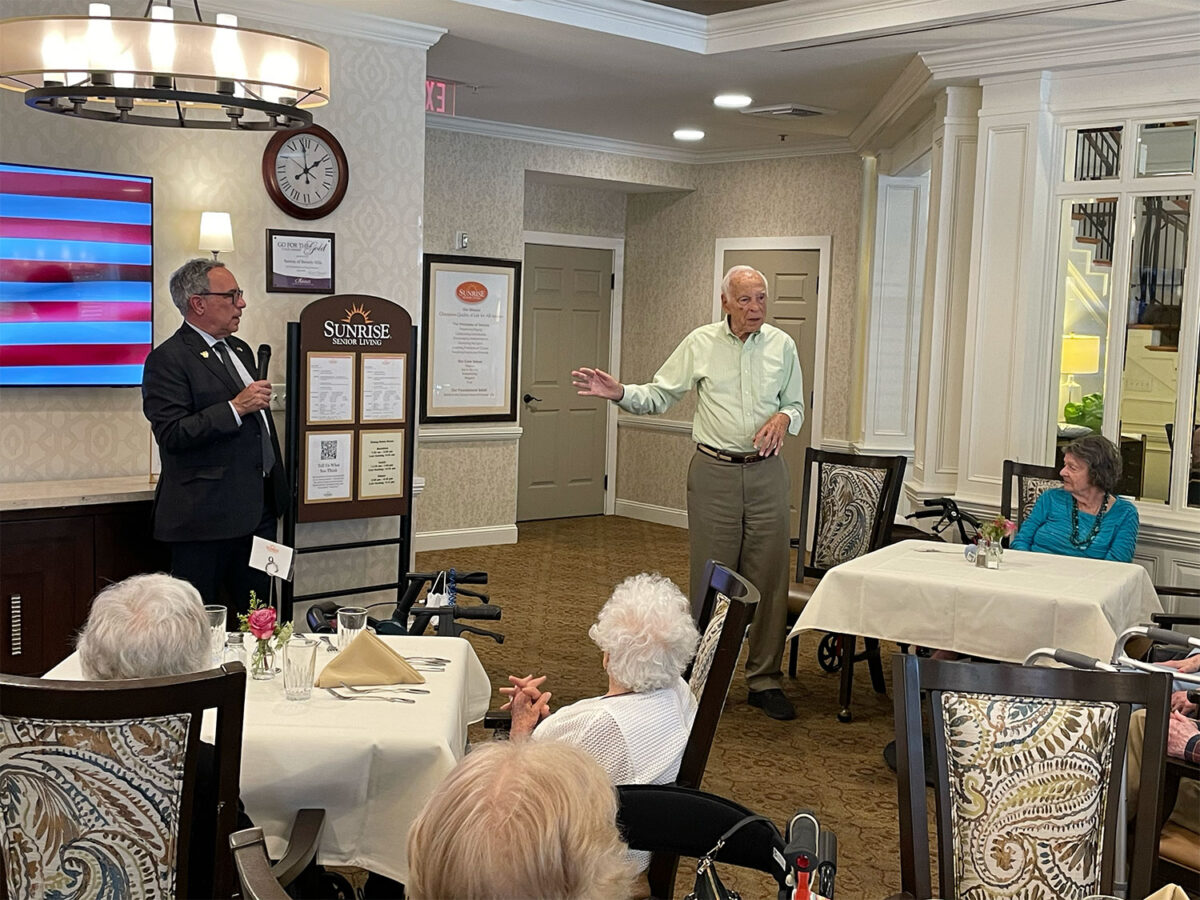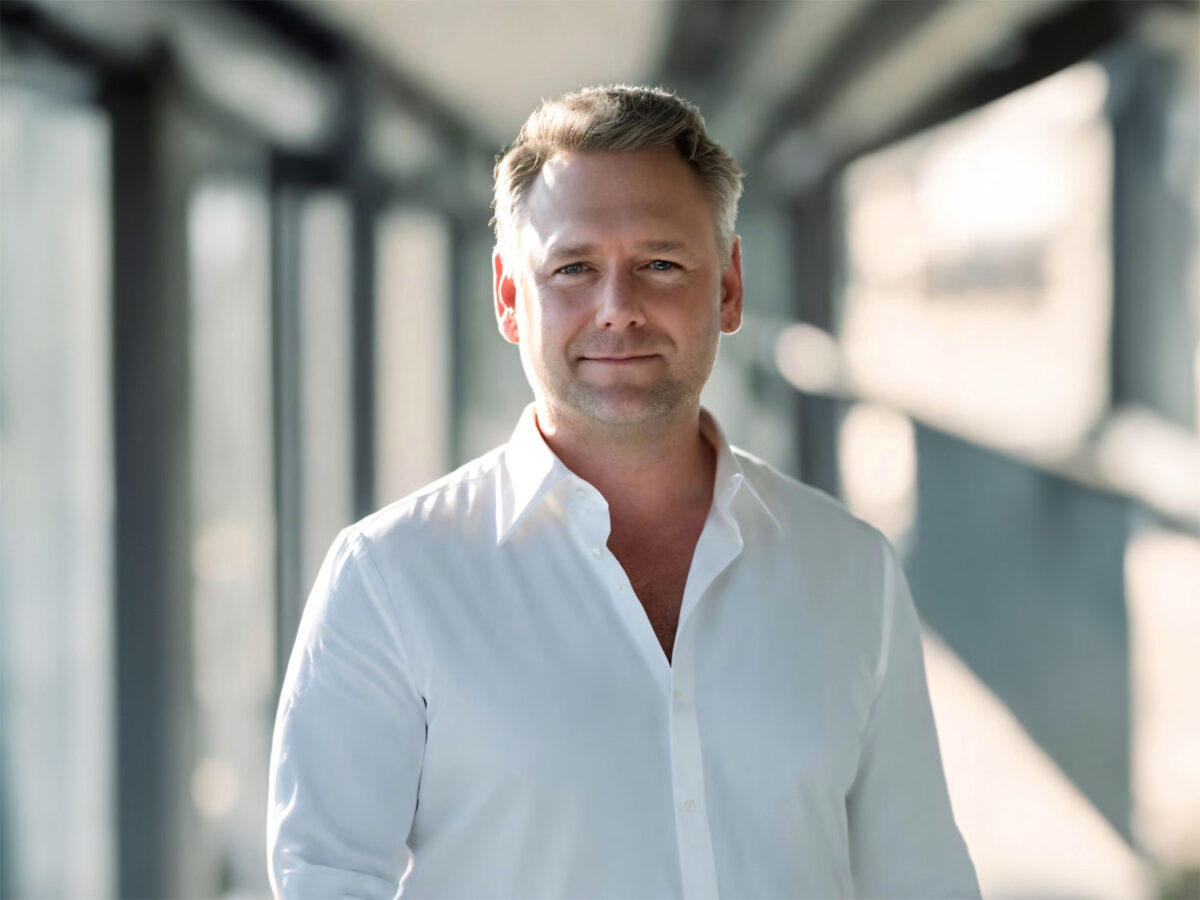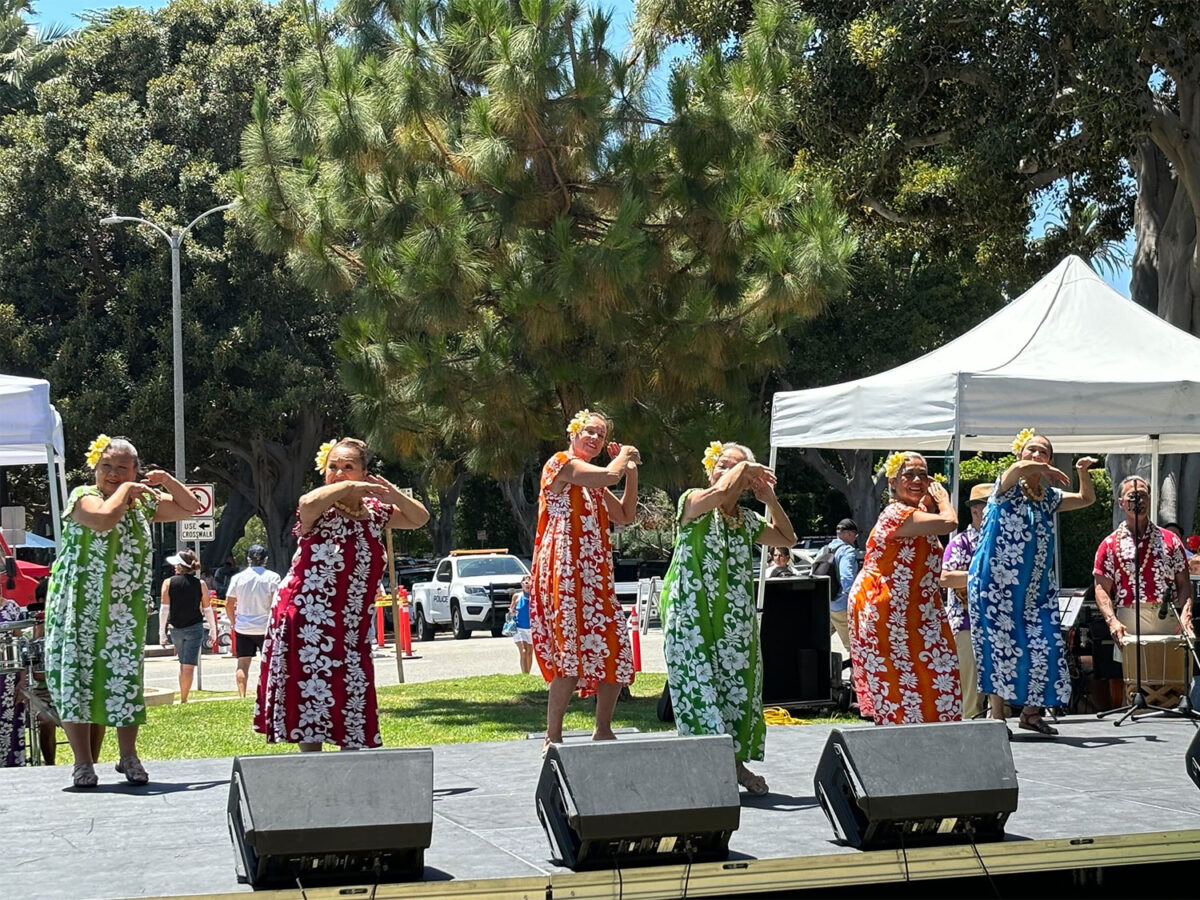A new report from the Simon Wiesenthal Center’s Digital Terrorism and Hate Project documents the proliferation of misinformation and conspiracy theories around the 9/11 terrorist attacks. The report, released on the eve of the 20th anniversary of the era defining attacks, shows how the conspiracies promoted existing prejudices, including anti-semitism.
The report identifies the key role that the internet and social media played in disseminating debunked and noxious ideas. “Conspiracies about the 9/11 attacks began spreading in the days immediately following the tragedy, as individuals grappled with the enormity of the scale of the events and conflicting information that emerged as authorities and media outlets attempted to understand what had happened,” the report reads. “The internet was used to spread many of the key conspiracy theories right from the beginning and has continued to serve as a space for these communities to flourish.”
The tragic events of that day–and the government’s mishandling of the subsequent wars in Iraq and Afghanistan–proved a fertile ground for centuries old conspiracies about the Jewish people. One theory the report mentions holds that “Jews did 9/11,” an update on the anti-semitic trope that accuses Jews of “committing evil acts for financial and political gain.”
“Many of these conspiracies are promoted within far-right extremist circles, but wider belief about Jewish complicity in the 9/11 attacks can be found in more mainstream spaces,” the report says.
A photo on Facebook from 2012 that has been shared more than 2,000 times shows a man holding a sign digitally altered to read, “we all know why all Jews were on leave on 9/11 at [the World Trade Center]” (an easily disprovable theory; numerous Jewish people died in the attacks). The post goes on to claim that the attacks were committed by America on behalf of Israel for the purpose of extracting oil from the Middle East.
Although these theories found homes in other forms of media, including podcasts, books, and even t-shirts, nascent social media platforms like YouTube and Facebook gave the conspiracy-driven 9/11 Truth Movement exponentially greater reach. One documentary-style video from 2005 identified in the report helped lay the groundwork for many of the most persistent conspiracies in the movement. As the report points out, the video remains available on YouTube, Amazon, iTunes and Vimeo, with one version racking up 1.3 million views on YouTube. The Courier has made the decision not to republish the title of the video in the interest of not further publicizing it.
The report notes that YouTube has taken steps to stem the issue of 9/11 misinformation. Even then, “this content has found audiences on other alternative platforms.”
An account dedicated to sharing a variety of conspiracy theories on the popular video sharing app TikTok has about 280,000 followers, the report says. A 31-part video series on the September 11 attacks claims that planes did not fly into the Twin Towers, which were actually brought down by a controlled demolition. The series has millions of views and likes.
All major social media companies have fielded criticism for their content moderation and handling of misinformation. TikTok has rules in place regarding misinformation, restricting content that “incites hate or prejudice,” spreads incorrect medical information “that can cause harm” to viewers, and “misleads community members about elections or other civic processes.”
YouTube’s policy does not go as far as TIkTok, banning “[c]ertain types of misleading or deceptive content with serious risk of egregious harm.”
But with some companies addressing the issue of misinformation to varying degrees, new platforms have sprung up to offer users virtually no restrictions on content. The report gives the example of InfoWars, the conspiratorial “hotbed” founded by Alex Jones, who promoted the idea that the Sandy Hook Elementary School shooting was a hoax. Jones began his Sept. 11, 2018, show proclaiming that the World Trade Center was destroyed through a controlled demolition.
The report accuses mainstream social media platforms of obfuscating the issue of conspiracy theories by restricting their guidelines to certain types of misinformation. “Despite the efforts being made by mainstream platforms to curtail the spread of misinformation and harmful content, it is clear that specific policies pertaining to conspiracy theories and networks could be better enforced,” it reads.
“Changes to policy enforcement and community guidelines could help in reducing the amount of misleading and often hateful material available online, distorting the memory and historical record of the terrorist attacks of September 11, 2001.”



